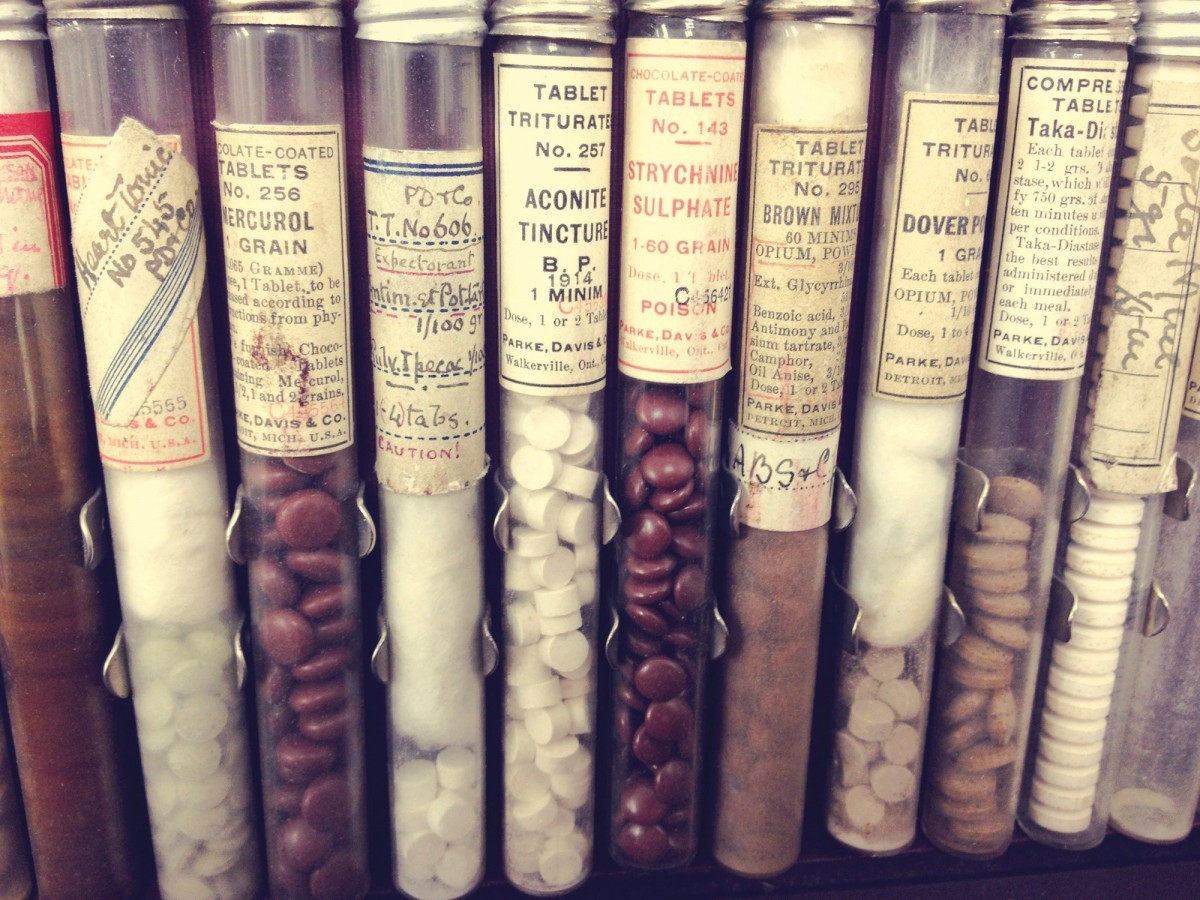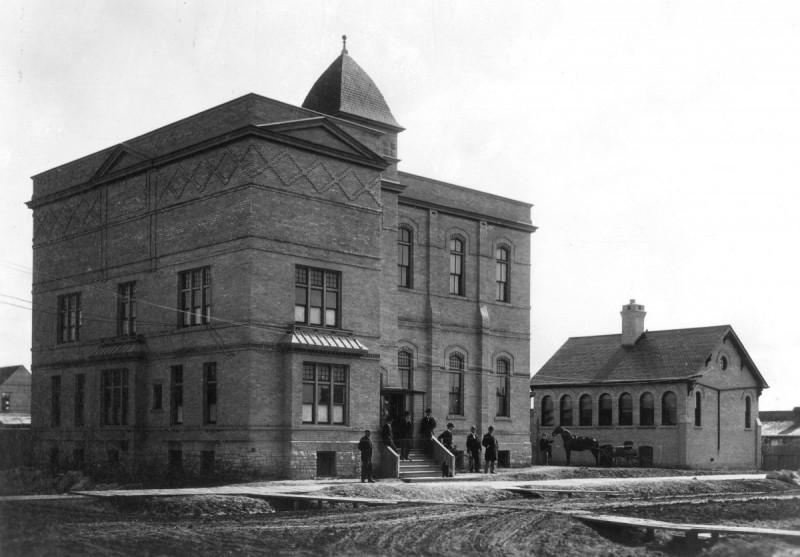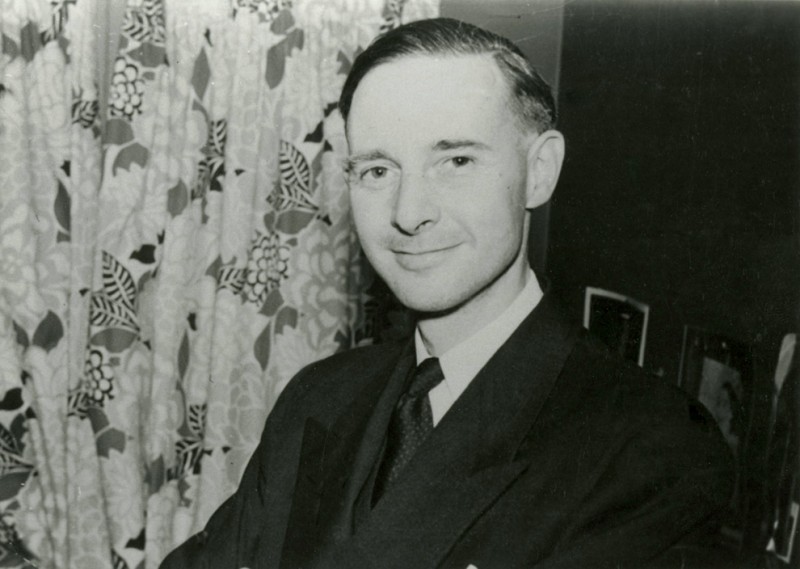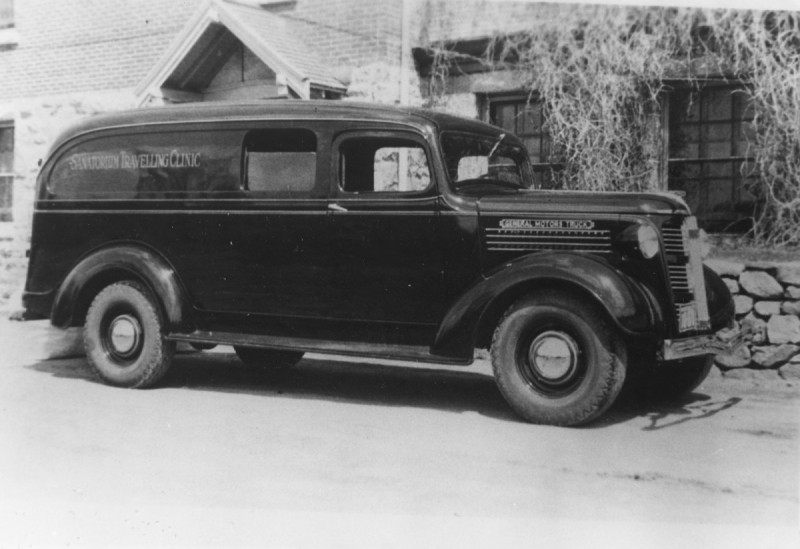
Medical Heritage Manitoba
Spring 2016
The College of Medicine Archives in the Neil John Maclean Health Sciences Library was established in 1974 to document the rich history of medicine and medical research in Manitoba from 1883 to the present. The collection comprises textual, photographic, multimedia and digital records that include medicine in the First and Second World Wars, epidemics in Manitoba, the evolution of public health, the treatment of disease and the provision of health care in Northern communities.

The Medical College building at Kate Street and McDermot Avenue, circa 1896. // PHOTO FROM UNIVERSITY OF MANITOBA COLLEGE OF MEDICINE ARCHIVES
The archive also documents the lives of prominent Manitoba medical researchers. One of these is Dr. Allan Ronald [BSc(Med)/61, MD/61, DSC/11], who founded the U of M’s infectious diseases program in 1971 and has devoted his life to furthering HIV/AIDS research. He was part of the team—with noted microbiologist Frank Plummer—that established a partnership between the U of M and the University of Nairobi to prevent and care for people affected by sexually transmitted infections.
The program has made numerous major discoveries including: breastfeeding contributing to the transmission of HIV/AIDS; male circumcision reducing HIV infection in men; and that certain kinds of people seem to have immunity against HIV infection.

Dr. Joe Doupe. // PHOTO FROM UNIVERSITY OF MANITOBA COLLEGE OF MEDICINE ARCHIVES
While the fitness and recreation centre at the Bannatyne Campus is named for him, the contribution of Dr. Joe Doupe [MD/34] to Manitoba medicine is not well known to most people. Born in Winnipeg and graduating from the U of M Faculty of Medicine, Doupe went to England to complete his postgraduate work. After a stint in the Royal Marine Corps during the Second World War, Doupe moved back to Winnipeg in 1948 to become director of medical research at the U of M and head of physiology.

The Sanatorium Traveling Clinic van made the rounds to treat tuberculosis patients in the mid-20th century. // PHOTO FROM UNIVERSITY OF MANITOBA COLLEGE OF MEDICINE ARCHIVES
Much of this archival material is now online at the interactive website Medical Heritage Manitoba. The site was developed to highlight the history of medicine and healthcare in Manitoba, with content drawn from the many collections held at the College of Medicine Archives.






